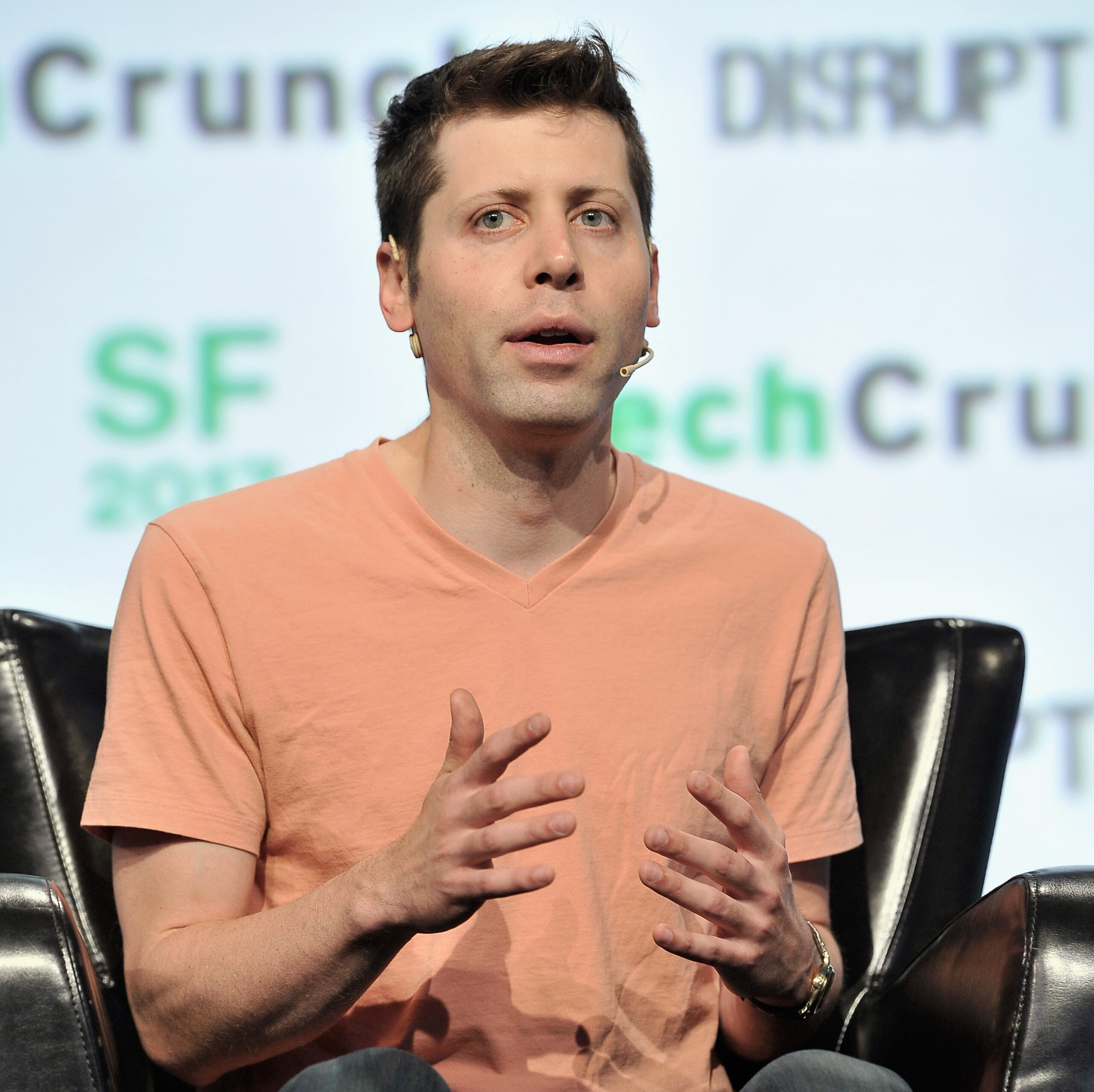
OpenAI CEO Sam Altman announced on Monday that ChatGPT has reached 800 million weekly active users, signaling massive continued adoption among consumers, developers, enterprises, and governments globally. This represents a significant acceleration in growth, up from 700 million weekly active users reported by OpenAI in September and 500 million at the end of March.
User Milestones and Platform Metrics
Altman made the announcement during the keynote presentation for OpenAI’s Dev Day. He highlighted the shift in how the tool is being used: “More than 800 million people use ChatGPT every week, and we process over 6 billion tokens per minute on the API. Thanks to all of you, AI has gone from something people play with to something people build with every day.” He also noted the impressive growth among those building on the platform, stating, “Today, 4 million developers have built with OpenAI.”
The Dev Day presentation included announcements for new tools designed to expand the platform’s capabilities. These include features for building apps directly inside of ChatGPT as well as tools for constructing more complex agentic systems. Altman stated that these developments will “enable a new generation of apps that are interactive, adaptive, and personalized, that you can chat with.” The company introduced a suite of tools called AgentKit to help developers build, deploy, and optimize these AI agents efficiently. It also unveiled Apps in ChatGPT, allowing users to use third-party services like Spotify and Booking.com directly within the chatbot interface.
Trajectory, Valuation, and Controversies
Launched in November 2022, ChatGPT achieved unprecedented user growth immediately, quickly becoming both the preeminent consumer AI product and one of the fastest-growing online services ever. While it was initially reactive, the tool recently expanded into proactive services with OpenAI Pulse, which sends customized daily briefings to participating users. Despite its success, the service has been criticized for issues like sycophancy and concerns over AI-induced delusions, notably in the recent case of Allan Brooks, who was reportedly misled into believing he had made a novel mathematical discovery with ChatGPT’s help.
Despite still being legally designated as a nonprofit, OpenAI became the world’s most valuable privately held company on Thursday after a private stock sale of $6.6 billion in shares valued the company at $500 billion. The company has been launching new products at a blistering pace, recently releasing a new version of its video-generation tool Sora last week, along with an accompanying social media network. That same week, the company partnered with Stripe to launch a platform for agentic commerce.
What The Author Thinks
ChatGPT’s evolution from a clever chatbot to a foundation for millions of developers, as evidenced by the 4 million developer count, confirms that OpenAI is aggressively executing a platform strategy similar to Apple or Microsoft. The simultaneous push for user growth (800 million weekly users) and infrastructure buildout is critical, as the sheer scale is necessary to justify the company’s colossal $500 billion valuation and maintain its competitive lead. By building tools for agents and apps within ChatGPT, OpenAI is attempting to ensure that its AI remains the indispensable interface for the next wave of digital life, a strategy that shifts focus from being a single product to being the operating system for AI itself.
Featured image credit: Wikimedia Commons
For more stories like it, click the +Follow button at the top of this page to follow us.
